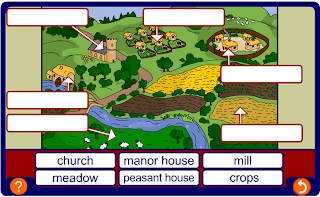
Aim: to identify who Julius Caesar was and to understand his impact on the world.
Starter: Answer the following questions? Take an educated guess if you are not sure.
1.Who was Julius Caesar?
2.Why is he so famous?
3.How do we know so much about him?
•Watch the following film clip.
•Be able to answer all 3 questions from your starter to a higher level.
•You must complete this for homework if not finished in class. Due Monday 13/07/09 (last lesson Lesson :( )
http://www.youtube.com/watch?v=BX0z2v_lE2Y&feature=related
Gaius Julius Caesar
§Came from a noble family, although they lost most of their money.
§Was in the army when he was young.
§Became skilled in speaking to the pubilc.
§Captured by pirates!
§68BC he gained political power.
§60BC upon returning to Rome was appointed by Pompey to share the government of the Roman empire.
§58-49BC he became Governor of Gaul (France) and is responsible for France being as large as it is today.
§55BC invaded Britain and again in 54BC however abandoned this as he was needed back in Gaul.
Mean while back in Rome. . .
Pompey had taken total control
Rome was on the verge of civil war.
Caesar and his loyal army marched on Rome and defeated Pompey.
He then fought other battles in Egypt, Asia, Africa and Spain before he was convinced that he had the Empire under his control.
46BC Caesar returned to Rome in triumph
Although was loved by most of Rome, some people thought that Caesar had too much power and plotted to kill him.
His wife had a dream that he was murdered and tried to stop him from going to the Senate.
He was stabbed by his fellow friends so violently that they even cut themselves as well.















